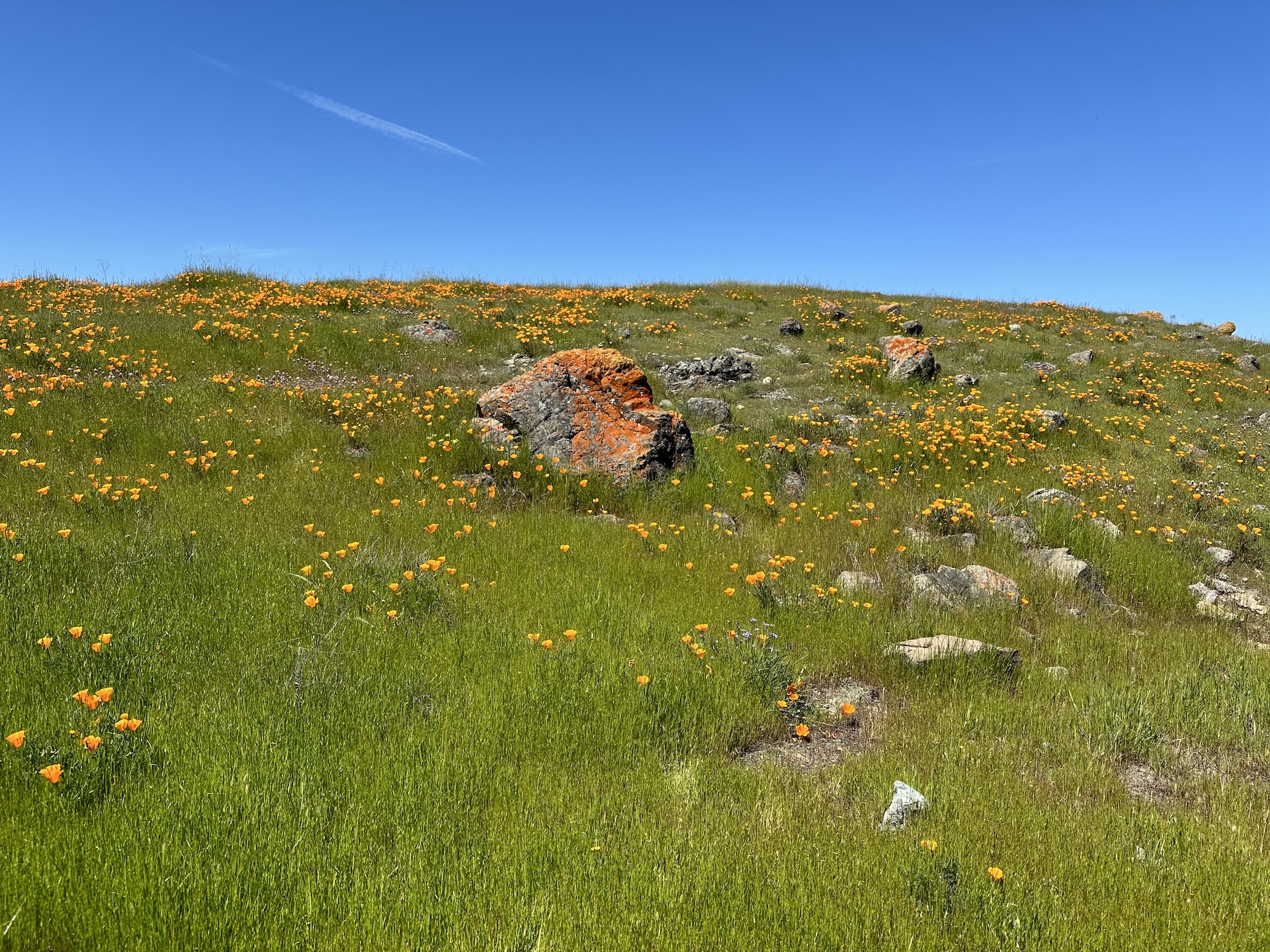Publication

Summary
Government-to-government consultation is a critical component of affirming Tribal sovereignty and protecting sacred sites and cultural resources in land use and decision making; it provides opportunities to enhance eco-cultural restoration that can lead to positive human and environmental health outcomes. It is also subject to significant barriers and inconsistencies in implementation.
Taking California’s cannabis permitting process as its research case, this report documents the findings of a two-year study of consultation on Tribal Cultural Resources (TCRs) and cannabis permitting on Tribal ancestral lands in California, in which we examined and analyzed these barriers using participatory research methods. California Assembly Bill 52 (AB 52) provides a mechanism for Tribal consultation on a per-project basis, giving Tribes decision making authority where TCRs are concerned. Yet our study finds that AB 52 is not consistently applied in land use decision making across California and is further undercut by asymmetrical power relations, which have been codified into policy through provisions such as “agency discretion,” lack of full disclosure, insufficient mapping and technical resources, and unfunded mandates.
Our focus on AB 52 in cannabis permitting provides a lens for evaluating Tribal consultation and TCR protection more generally. Both Tribal and agency study respondents agreed that meaningful consultation requires equitable Tribal-agency relations, which depend on policies that affirm Tribal authority in land use decision making, as well as agency and Tribal capacity building, with equitable funding for Tribal staff time, agency training in Tribal culture, history, and cultural resource policy, and Tribal-agency relationship building. This report explores our research findings and recommendations for policies that can help make the consultation process more supportive of Tribal sovereignty and more productive of results acceptable to both agencies and Tribes.
